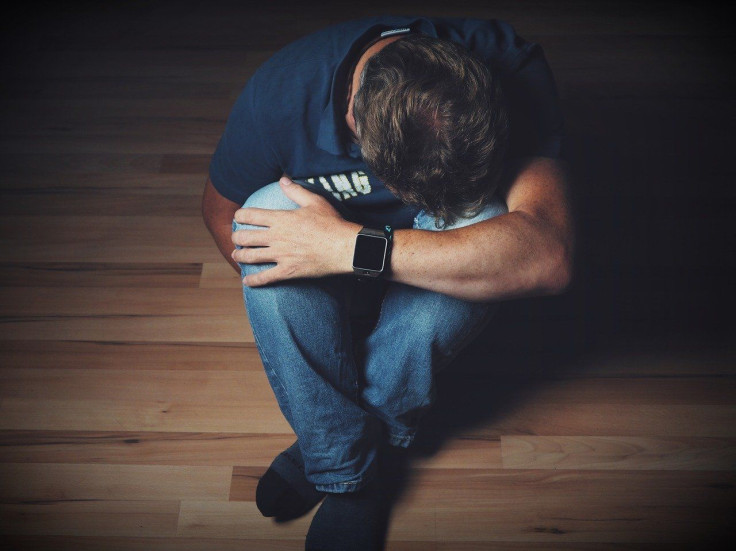Laughing Gas For Depression: Nitrous Oxide Treatment Provides Fast, Effective Results
KEY POINTS
- Many patients with depression don't respond to common antidepressants
- Researchers looked at the potential of laughing gas as a treatment
- Inhaling 25% nitrous oxide proved to be effective in improving patients' symptoms
- It had "comparable efficacy" to the 50% treatment but with fewer side effects
Many people may know nitrous oxide or laughing gas from when it's given during medical procedures to help manage their pain. New research found that it may also be an effective treatment for depression.
The researchers expanded their previous work, in which they found that inhaling 50% nitrous oxide for an hour was effective in rapidly improving 20 patients' depression symptoms for "at least 24 hours," the University of Chicago Medical Center (UChicago Medicine) noted in a news release. However, some of the patients experienced unpleasant side effects, including vomiting, nausea and headache.
Wondering if their previous dosage may have been too high, the researchers reduced the dosage for their new study, published in the journal Science Translational Medicine. The researchers conducted the inhalation sessions again. But this time, they randomly assigned the participants to either a 50%, 25% or placebo hour-long inhalation session.
'A very cool finding'
Amazingly, the researchers found that the 25% nitrous oxide treatment had "comparable efficacy" to the 50% treatment, but with a "markedly lower rate" of side effects.
The researchers also investigated the effects of nitrous oxide on the patients for a longer period of time after the sessions than before, observing them for over two weeks post-treatment instead of just 24 hours.
After just one administration of the gas, some of the patients' conditions improved for the entire two-week evaluation period.
"The reduction in side effects was unexpected and quite drastic, but even more excitingly, the effects after a single administration lasted for a whole two weeks," Peter Nagele M.D., study co-author and the Chair of Anesthesia and Critical Care at UChicago Medicine, said in the news release. "This has never been shown before. It's a very cool finding."
The researchers' work provides promising results that show nitrous oxide's potential as an effective treatment for people who do not respond to common antidepressants. According to the researchers, about one-third of people with depression are at risk for treatment resistance.
What's more, since the effects are quite rapid, nitrous oxide could also be a good option for patients "in crisis," UChicago Medicine said.
'Non-traditional' depression treatments
So far, the Food and Drug Administration has approved ketamine nasal spray for treatment-resistant depression. In fact, the researchers' work was "motivated" by the research on ketamine and depression, the UChicago Medicine quoted Nagele.
Other studies have also been looking into "non-traditional" depression treatments. For instance, a study on "magic mushrooms" published just this April found that it can actually be just as effective as common antidepressants.
The current study presents another non-traditional option that may help millions of people living with depression.
"These have just been pilot studies," Nagele said. "But we need acceptance by the larger medical community for this to become a treatment that's actually available to patients in the real world."

© Copyright IBTimes 2024. All rights reserved.






















